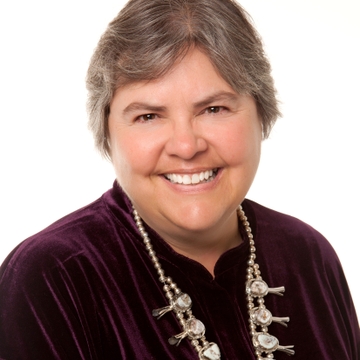Program Provides Research Opportunities for Undergraduate Students

UNM Occupational Therapy Researchers Want to Know How COVID-19 Has Affected Your Life
Overnight, everything changed. Activities and habits we took for granted were suddenly overturned. Vacations, trainings and new jobs were placed on hold as businesses and schools closed.
Researchers in The University of New Mexico School of Medicine's Division of Occupational Therapy want to know about New Mexicans' experiences during the COVID-19 pandemic.
From sky-high stress levels to what - besides toilet paper - has been especially hard to find on store shelves, OT graduate students and professors are interviewing people of all ages and occupations to find out.
"All of us saw our lives upended, and it is very distressing," says Carla Wilhite, OTD, OTR/L, an assistant professor in the Division of Occupational Therapy.
"We are very concerned about how people are doing in their daily lives - and how that might impact their health," she says.
People are grieving losses - whether for friendships, loved ones or simple routines that anchored their lives.
"I didn't realize how much I would miss my office," she says. "We are social creatures and we need to connect. Those small moments at the beginning of the day - as we make a cup of coffee in the break room or check in with a coworker back from vacation - can help anchor and structure our day."
Losing those anchors can increase stress and ultimately affect health.
"We are looking for participants from across the state, whether they be students, married caretakers, farmers or scientists," she says. "We are hoping for representation from rural areas as well as the metropolitan ones so that we can begin to understand the scope, the similarities and where the experience differs for different groups of people."
The changes wrought by the novel coronavirus haven't been uniformly bad, she adds. Some people have found richer relationships with their family or significant others or have picked up old hobbies, and re-read half-abandoned books.
"It can be anything between those two poles," she adds.
"Our ultimate goal is to have people living productive lives," she says. "We do feel a sense of urgency to conduct and complete this research while the experience is still new and fresh. We realize as people return to work they begin to forget the experience."
The study is funded through the UNM Clinical & Translational Science Center. The interviews take about 30 minutes and can be completed via phone, regular mail or email.
To learn more about the study, including how to participate, contact Carla Wilhite at 505-272-3324, or at cwilhite@salud.unm.edu.